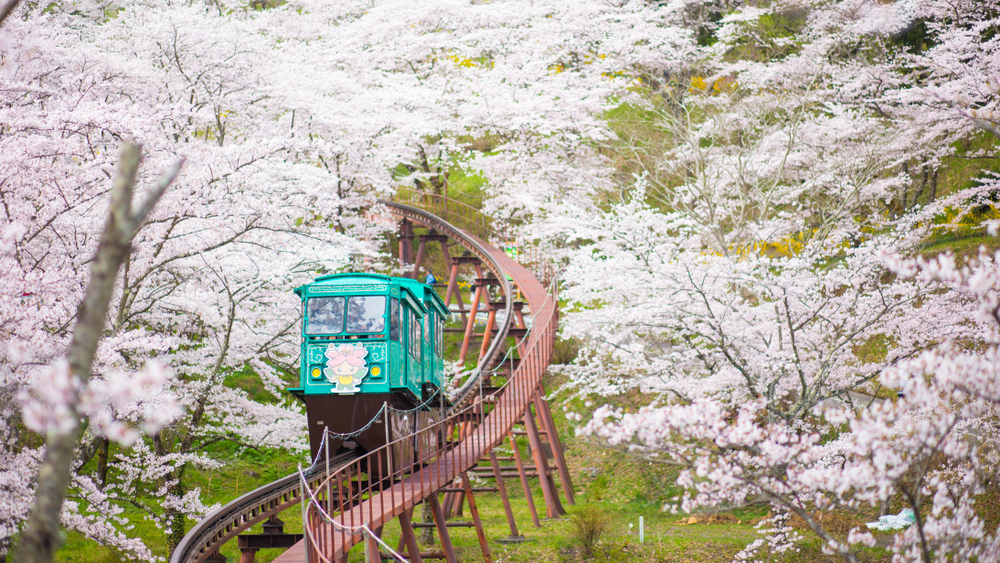
They liked books, all books, but especially old ones, and their house was overflowing with them. There were books everywhere, stacked on shelves and piled on the floor, on chairs, on the stairway treads, but neither of them minded. She was a novelist, and novelists should have cats and books.
Ruth Ozeki’s novel was inspired by the teachings of Shōbōgenzō and Proust’s In Search of Lost Time. She also expertly used books to add another layer in her narrative like the symbolic tale of crow wars by Kenji Miyazawa on the part about the story of Haruki #1.
Here are the books mentioned in A Tale for the Time Being:
- Shōbōgenzō (Treasury of the True Dharma Eye) – Eihei Dōgen (Bookdepository)
- A la Recherche du Temps Perdus (In Search of Lost Time) – Marcel Proust (Bookdepository)
- Great Expectations – Charles Dickens (Bookdepository)
- Gulliver’s Travels – Jonathan Swift (Bookdepository)
- Book of Laughter and Forgetting – Milan Kundera (Bookdepository)
- Tale of Genji – Shikibu Murasaki (Bookdepository)
- Japanese Noh Dramas (Bookdepository)
- The Pillow Book – Sei Shonagon (Bookdepository)
- Living my Life – Emma Goldman (Bookdepository)
- Reflections on the Way to the Gallows – Kanno Sugako (Bookdepository)
- The Great Minds of Western Philosophy
- The Rhetoric of Confession – Edward Fowler (Bookdepository)
- Rambling Thoughts – Yosano Akiko
- Words Like the Wind – Enchi Fumiko
- Tangled Hair – Yosano Akiko (Bookdepository)
- Scheherazade – A Thousand and One Nights (Bookdepository)
- Crow Wars – Kenji Miyazawa
- Sein und Zeit – Martin Heidegger (Bookdepository)
- Mount Analogue: A Novel of Symbolically Authentic Non-Educlidian Adventures in Mountain Climbing – Rene Daumal (Bookdepository)
Sign up to subscribe to my newsletter